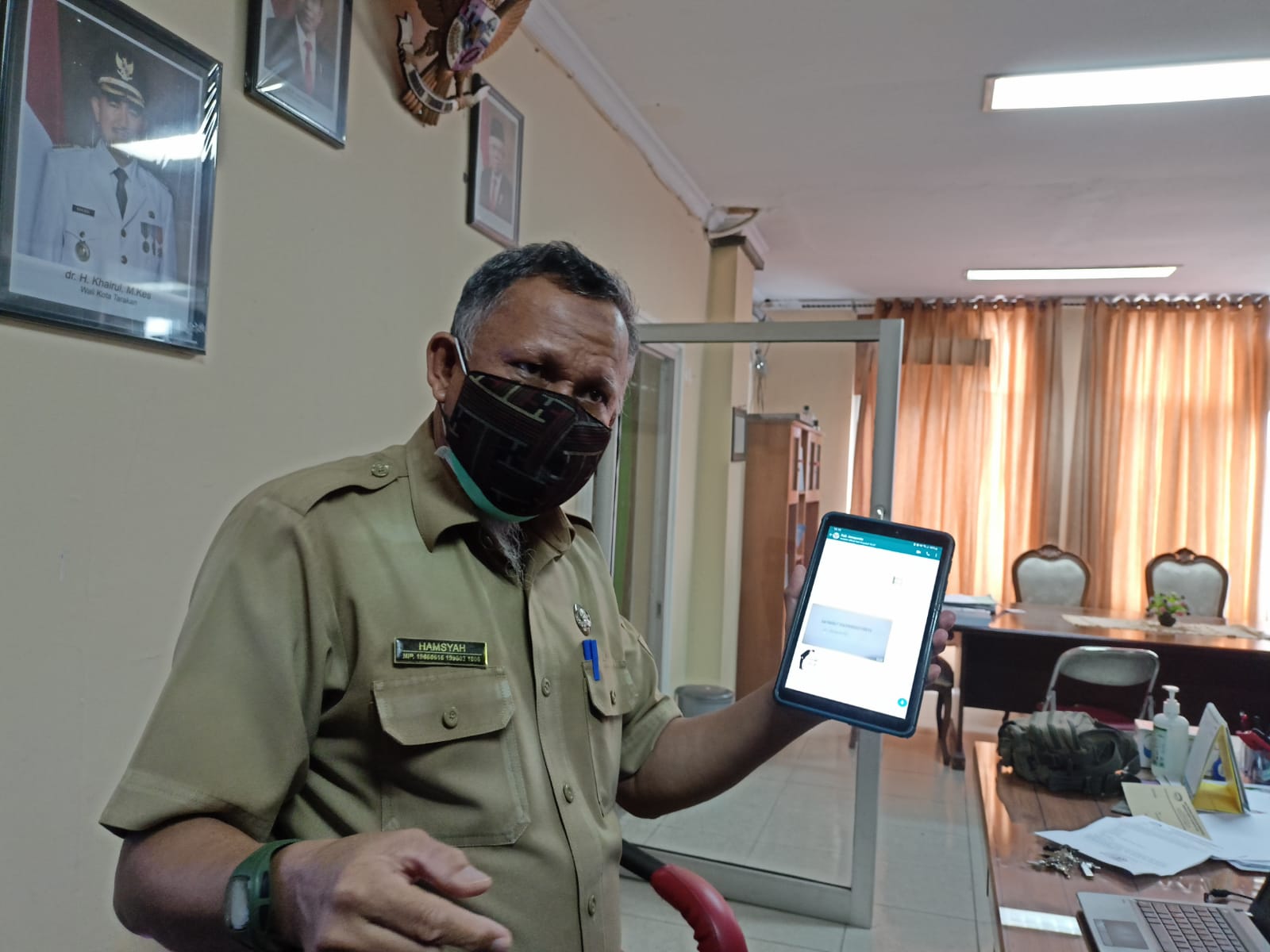
Introduction
According to Matt Davies Stockton, metal detecting is a great hobby. It doesn’t just allow you to spend more time outdoors in the embrace of nature but also encourages you to be more physically active with the thrill of a treasure at the back of your mind. Let’s check out how you can use metal detectors efficiently.
The Guide
1. Know your gear and test it – Before you head out on your first treasure hunt adventure, familiarize yourself with the equipment. Read the instruction manual carefully and know about the basic functions of the model you own. Know about the different modes and how you can use each of them in different situations. The best way to familiarize yourself with the equipment is to test it out rigorously.
Find small items at home and test your metal detector on them. You can use anything from aluminum sheet balls and screws to magnets and coins. Adjust the detector’s sensitivity, ground balance, and discrimination to know its limits and capabilities. Familiarize yourself with the different types of tones the machine makes when it detects different metals and when it doesn’t detect anything.
2. Accompanying gear – Before you move out with the metal detector, equip yourself with the necessary accompanying gear. Put together a small kit with:
- A garden trowel.
- A small shovel.
- A digging tool.
- Tough work gloves to protect your hands.
- An extra set of batteries so that you can power the detector in crucial times.
- A comfy pair of headphones that can connect to the headphone jack of the metal detector to hear subtle changes in tones.
3. Stay away from trouble – You need to use a metal detector responsibly and stay out of trouble. That means staying away from government-owned properties. You need to stay clear of public land that is protected by the Archaeological Resources Protection Act. You also need to familiarize yourself with local, state, and federal laws before searching. Some jurisdictions don’t allow metal detectors while others allow surface detection. After you dig a surface, make sure to fill it up without leaving any damage and properly dispose of any trash that you dig up.
4. Strategize – When you’re using the metal detector, you need to be systematic with your searching. Move along straight lines and shift one foot away perpendicular to the line at the end of the row before resuming your search in the opposite direction. Be prepared to find a lot of junk. This hobby is like fishing where you require a lot of patience and persistence. Usually, the best places for metal detection and treasure hunting are beaches, churchyards, schools, the land around resorts, public parks, campsites, and other such areas that get a lot of traffic.
Conclusion
Matt Davies Stockton suggests that you familiarize yourself with the metal detector you own and test it out rigorously to understand its capability. It’s also important to know the regulations about metal detectors in the area you are using them and stay away from trouble.